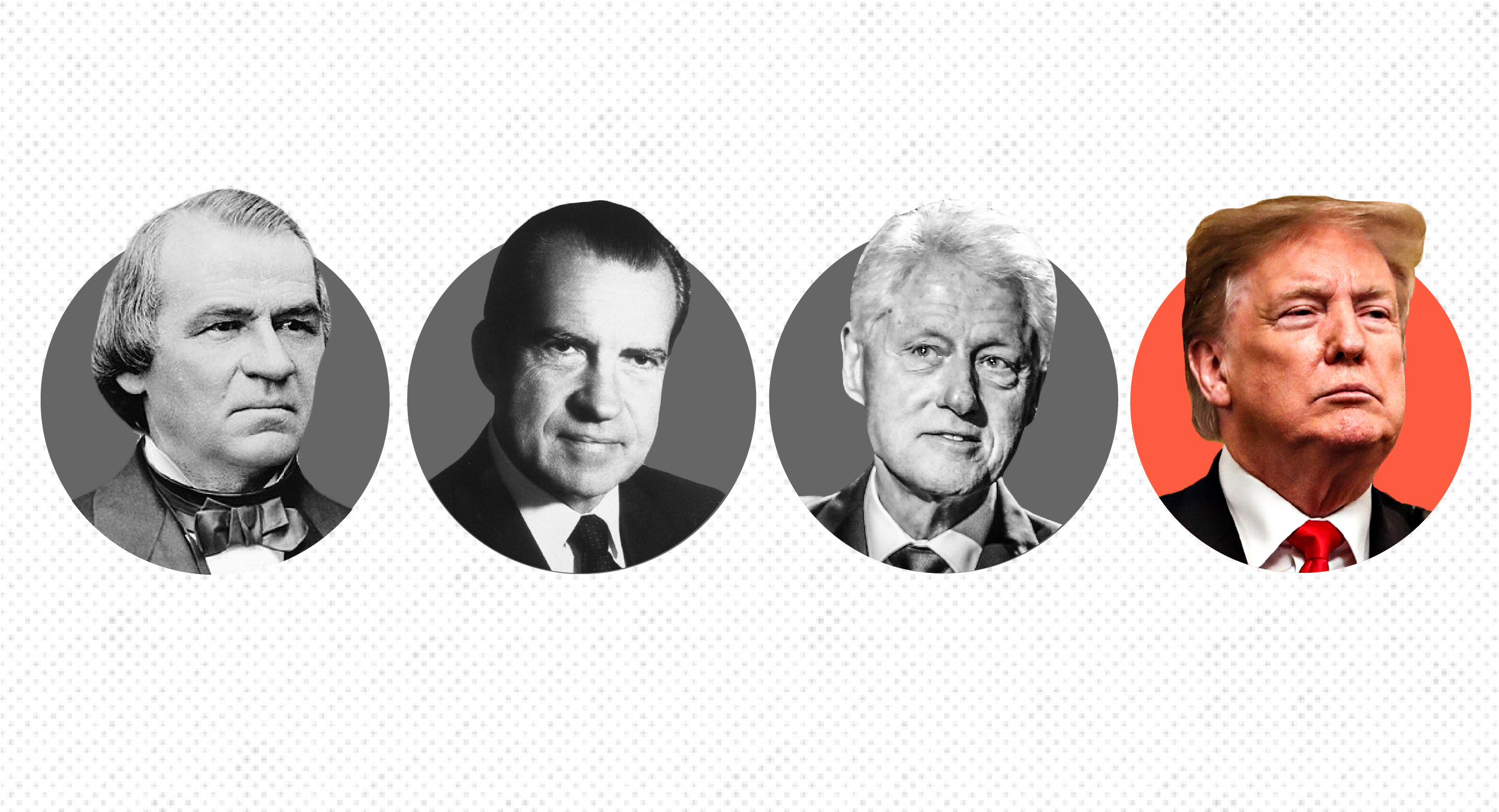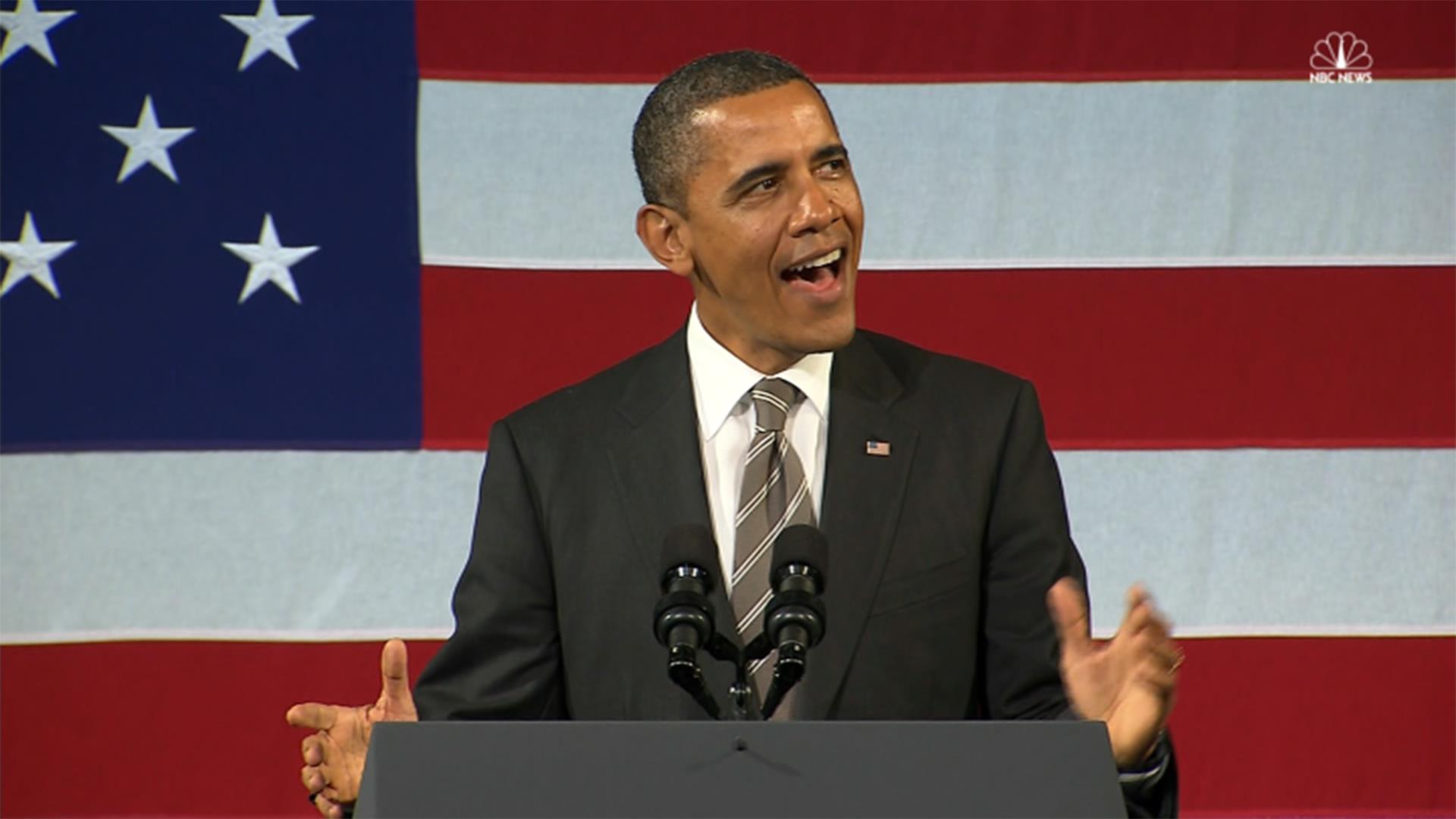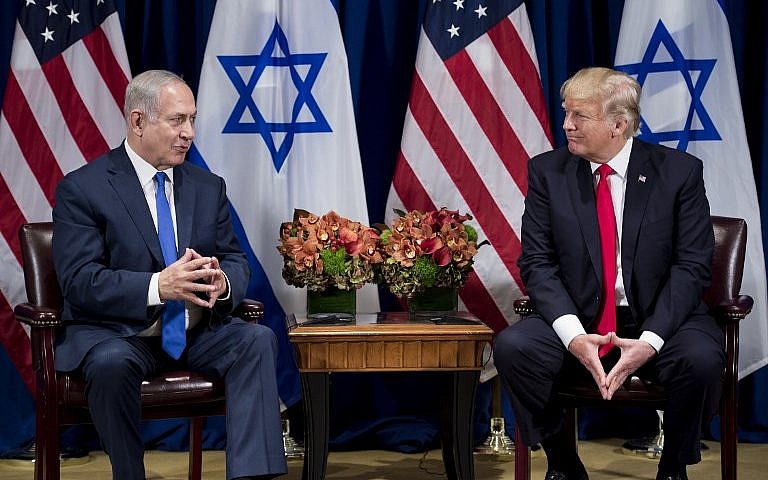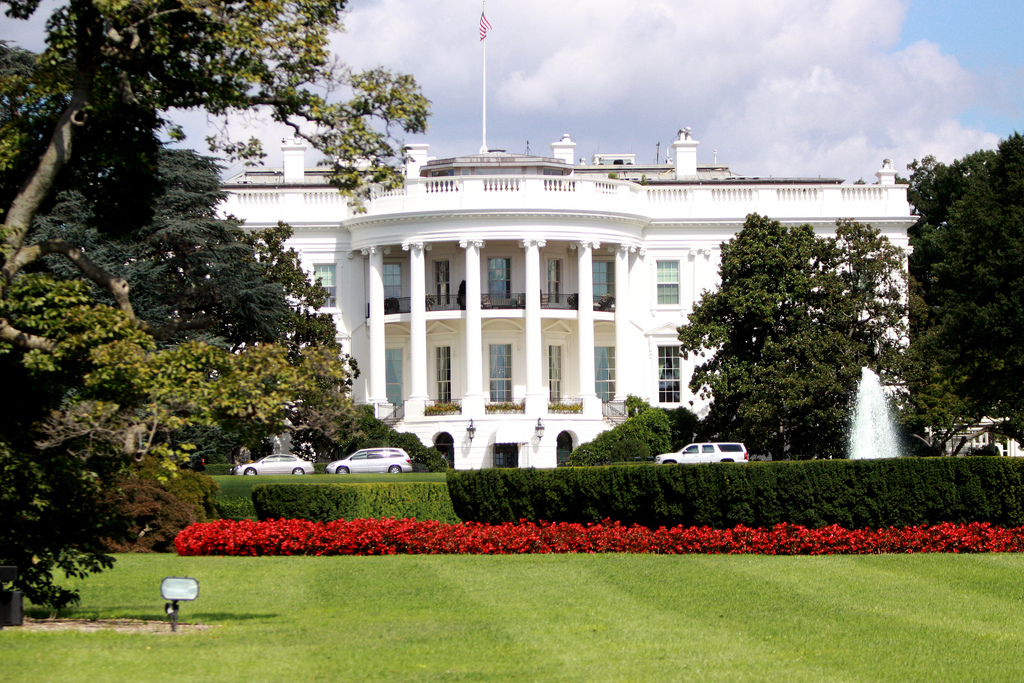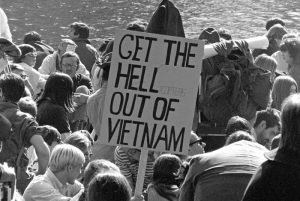
Views: 2953
If you wanted to identify, with confidence, the very worst president in American history, how would you go about it? One approach would be to consult the various academic polls on presidential rankings that have been conducted from time to time since Harvard’s Arthur M. Schlesinger Sr. pioneered this particular survey scholarship in 1948. Bad idea.
Most of those surveys identify Warren G. Harding of Ohio as the worst ever. This is ridiculous. Harding presided over very robust economic times. Not only that, but he inherited a devastating economic recession when he was elected in 1920 and quickly turned bad times into good times, including a 14 percent GDP growth rate in 1922. Labor and racial unrest declined markedly during his watch. He led the country into no troublesome wars.
There was, of course, the Teapot Dome scandal that implicated major figures in his administration, but there was never any evidence that the president himself participated in any venality. As Theodore Roosevelt’s daughter, Alice Roosevelt Longworth, put it, “Harding wasn’t a bad man. He was just a slob.”
The academic surveys also consistently place near the bottom James Buchanan, of Pennsylvania. Now here’s a man who truly lacked character and watched helplessly as his country descended into the worst crisis of its history. He stepped into the presidency with a blatant lie to the American people. In his inaugural address, he promised he would accept whatever judgment the Supreme Court rendered in the looming Dred Scott case. What he didn’t tell the American people was that he already knew what that judgment was going to be (gleaned through highly inappropriate conversations with justices). This is political cynicism of the rankest sort.
But Buchanan’s failed presidency points to what may be a pertinent distinction in assessing presidential failure. Buchanan was crushed by events that proved too powerful for his own weak leadership. And so the country moved inexorably into one of the worst crises in its history. But Buchanan didn’t create the crisis; he merely was too wispy and vacillating to get control of it and thus lead the nation to some kind of resolution. It took his successor, Abraham Lincoln, to do that.
That illustrates the difference between failure of omission and failure of commission—the difference between presidents who couldn’t handle gathering crises and presidents who actually created the crises.
In the realm of commission failure, three presidents come to mind—Woodrow Wilson, Richard Nixon and George W. Bush. Bear in mind here that nearly all failed presidents have their defenders, who argue, sometimes with elaborate rationales, that the perceived failure wasn’t really failure or that it wasn’t really the fault of this particular president. We see this in stark reality in our own time, with the ongoing debates about the presidency of the second Bush, reflected in the reaction to senator Rand Paul’s recent suggestion that GOP hawks, with their incessant calls for U.S. intrusion into the lands of Islam, contributed to the rise of the violent radicalism of the Islamic State.
The prevailing view of Bush is that his invasion of Iraq, the greatest example in American history of what is known as “preventive war,” proved to be one of the most colossal foreign policy blunders in all of American history, if not actually the greatest. According to this view, Bush destabilized the Middle East, essentially lit it on fire and fostered the resultant rise of the Islamic State and the deepening sectarian war between Sunni and Shia Muslims in the region. Where this all leads, nobody can tell, but clearly it is going to play out, with devastating consequences, for a long time to come.
But of course there are those who deny that Bush created all this chaos. No, they say, Bush actually had Iraq under control and it was his hapless successor, Barack Obama, who let it all fall apart again by not maintaining a U.S. military force in the country. This is the minority view, embraced tenaciously by many people with a need to gloss over their own complicity in the mess.
There is little doubt that history eventually will fix upon the majority view—that Bush unleashed the surge of chaos, bloodshed and misery that now has the region in its grip. As Princeton’s Sean Wilentz wrote in 2006, when Bush still sat in the Oval Office, “Many historians are now wondering whether Bush, in fact, will be remembered as the very worst president in all of American history.” And bear in mind that Bush also presided over the emergence of one of the most devastating financial crises in the country’s history.
Then there’s Nixon, whose Watergate transgressions thrust the nation into one of its most harrowing constitutional crises. There are some who argue that Nixon’s transgressions weren’t actually as egregious as many believe, particularly when viewed carefully in the context of the maneuverings and manipulations of many of his people, some of them conducted behind the president’s back. There may be some truth in this. But in the end it doesn’t matter. He was president and must take responsibility for the culture and atmosphere he created in the West Wing and the Old Executive Office Building. If his people were running around and breaking the law, he must bear responsibility, whatever his knowledge or complicity. And we know definitively that Nixon himself set the tone in his inner circle—a tone so dark, defensive and menacing that wrongdoing was almost the inevitable result. Also, there can be no dispute that the president himself stepped over the line on numerous occasions.
Which brings us to Woodrow Wilson, whose failures of commission probably had the most dire consequences of any U.S. president. His great flaw was his sanctimonious nature, more stark and distilled than that of any other president, even John Quincy Adams (who was no piker in the sanctimony department). He thought he always knew best, because he thought he knew more than anybody else. Combine that with a powerful humanitarian sensibility, and you get a president who wants to change the world for the betterment of mankind. Watch out for such leaders.
Even during his first term, with war raging in Europe, he sought to get the United States involved as a neutral mediator, fostering a peace agreement to break the tragic stalemate that had the nations of Europe in its grip. When that effort was rebuffed, he ran for reelection by hailing himself as the man who kept the United States out of the war.
But, immediately upon entering his second term, he sought to get his country into the war by manipulating neutrality policy. While proclaiming U.S. neutrality, he favored Britain by observing the British blockade of Germany (imposed, said a young Winston Churchill, to starve Germans, including German infants, into submission) and by allowing armed British merchant ships entry to U.S. ports, which in turn fostered a flow of U.S. munitions to the Allied powers. At the same time, Wilson declared that Germany would be held to a “strict accountability” for any American loss of life or property from Germany’s submarine attacks. This policy applied, said Wilson, even if affected Americans traveling or working on British or French ships. He declined to curtail what he considered Americans’ “right” to travel on vessels tied to France or Britain (but not Germany).
Wilson was warned, most notably by his secretary of state, William Jennings Bryan, that these lopsided policies inevitably would pull America into the war. When he ignored those warnings, Bryan resigned from the Wilson cabinet on a stand of principle.
As Bryan predicted, America did get pulled into the conflict, and it certainly appears that that was Wilson’s intention all along. Then three things happened.
First, Wilson conducted the war in ways that devastated the home front. Prices shot up into double digits, and then came a potent economic recession that lasted three years. He accepted the suppression of civil liberties by his notorious attorney general, A. Mitchell Palmer. His government nationalized many private industries, including the telegraph, telephone and railroad industries, along with the distribution of coal. Race riots erupted in numerous cities that claimed nearly 150 lives in two years.
Second, America’s entry into the war broke the stalemate, allowing the Allied powers to impose upon Germany devastating armistice terms. Third, when Wilson went to the Versailles peace conference bent on bringing to bear his humanitarian outlook and making the world safe for democracy, he promptly got outmaneuvered by the canny nationalist leaders of Britain and France, whose agenda had nothing to do with Wilson’s dreamy notions about a harmonious world born of his humanitarian vision.
The result was a humiliation of Germany that rendered another war nearly inevitable and created in that country a sump of civic resentment and venom that would poison its politics for a generation. We can’t say with certainty that Adolf Hitler wouldn’t have emerged in Germany if the stalemate of World War I had been settled through negotiations rather than diktat. But we can say that the world spawned by Wilson’s naïve war policies certainly created a political climate in Germany that paved the way for Hitler.
That’s a big load for Wilson to carry through history, though the academic polls consistently rank him quite favorably. That’s probably because most academics are progressives who like Wilson for his own progressive sentiments. But the two Roosevelts also were progressives and left the country better off when they left office. Such a case can’t be made for Wilson, who left the country in shambles. The 1920 Republican victories in the presidential and congressional elections constituted of the greatest political repudiations in U.S. history. Thus, Wilson’s failures of commission render him, arguably, the worst president in American history.
Originally published on 2015-05-31
About the author: Robert W. Merry, longtime Washington political reporter and publishing executive, is the author of books on American history and foreign policy.
Source: The National Interest
Origins of images: Facebook, Twitter, Wikimedia, Wikipedia, Flickr, Google, Imageinjection & Pinterest.
Read our Disclaimer/Legal Statement!
Donate to Support Us
We would like to ask you to consider a small donation to help our team keep working. We accept no advertising and rely only on you, our readers, to keep us digging the truth on history, global politics and international relations.
FOLLOW US ON OUR SOCIAL PLATFORMS

